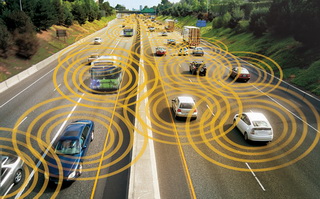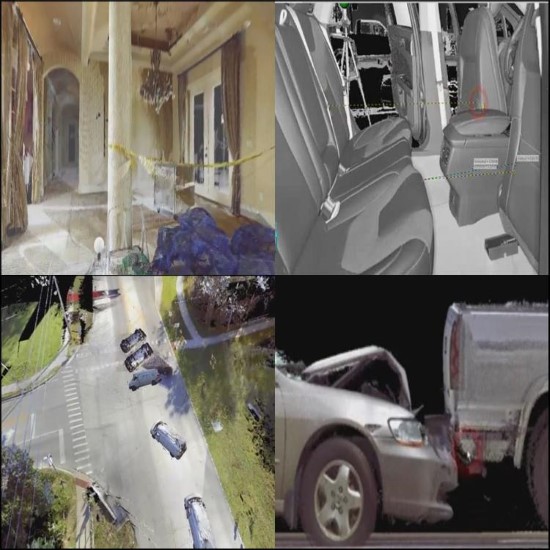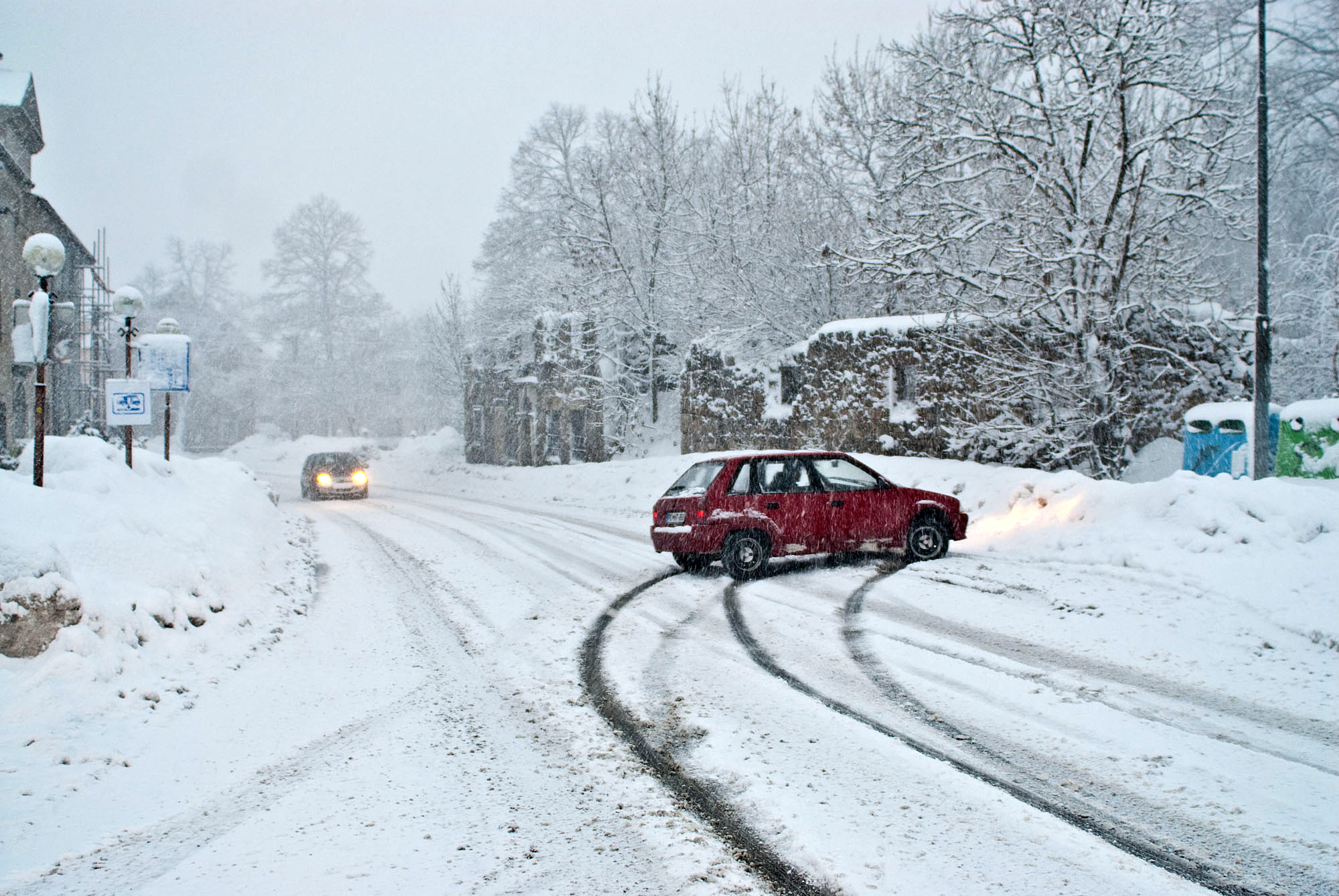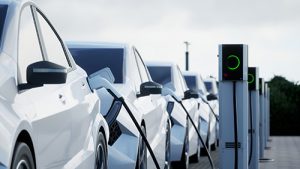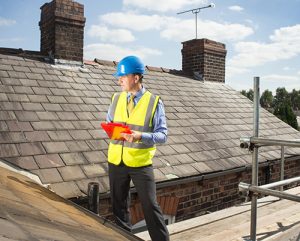Can you imagine driving along the highway, looking to your left at a passing car and the driver reading the paper and not looking at the road? How about telling your car your desired destination, taking a nap and then presto, you are there? These possibilities are well on their way to becoming reality.
Autonomous or self driving car technology replaces the necessary human interaction to operate a vehicle. Limiting human error, self driving cars save lives. They also improve upon fuel efficiency and reduce emissions. Using laser, radar, lidar, cameras, GPS and computer vision, autonomous vehicles can interpret information to detect navigation paths, obstacles and signage.
Autonomous cars are currently illegal on most public roads. Nevada was the first state to pass a law in June of 2011 to authorize the use of autonomous cars. Google has been leading the way in testing driver-less technology. On March 1, 2012, the Nevada Department of Motor Vehicles issued the first license for a self-driving car to a Toyota Prius, using Google’s driver-less technology.
Many automotive manufacturers have been testing driverless car systems. “Vehicles that partially drive themselves will be available by the middle of the decade with more sophisticated self-driving systems by the end of the decade”, General Motors Vice President of Global Research and Development Alan Taub says. Some safety systems under development include:
• Crash avoidance system – use of a camera to avoid front-end and lane departure crashes
• Vehicle to vehicle (V2) communication systems – gathers information from other signals to warn about possible hazards or road conditions ahead
• EN-V mobility technologies – includes pedestrian detection, collision avoidance and automated parking (drop off/pickup of passenger through smartphone commands)
CED Engineers are on the leading edge for reconstructions and accidents. Through consistent training and education, our engineers are prepared to assist with your next Vehicle Accident Reconstruction claim. Please call us today at 800.748.4221 to discuss a possible case.
